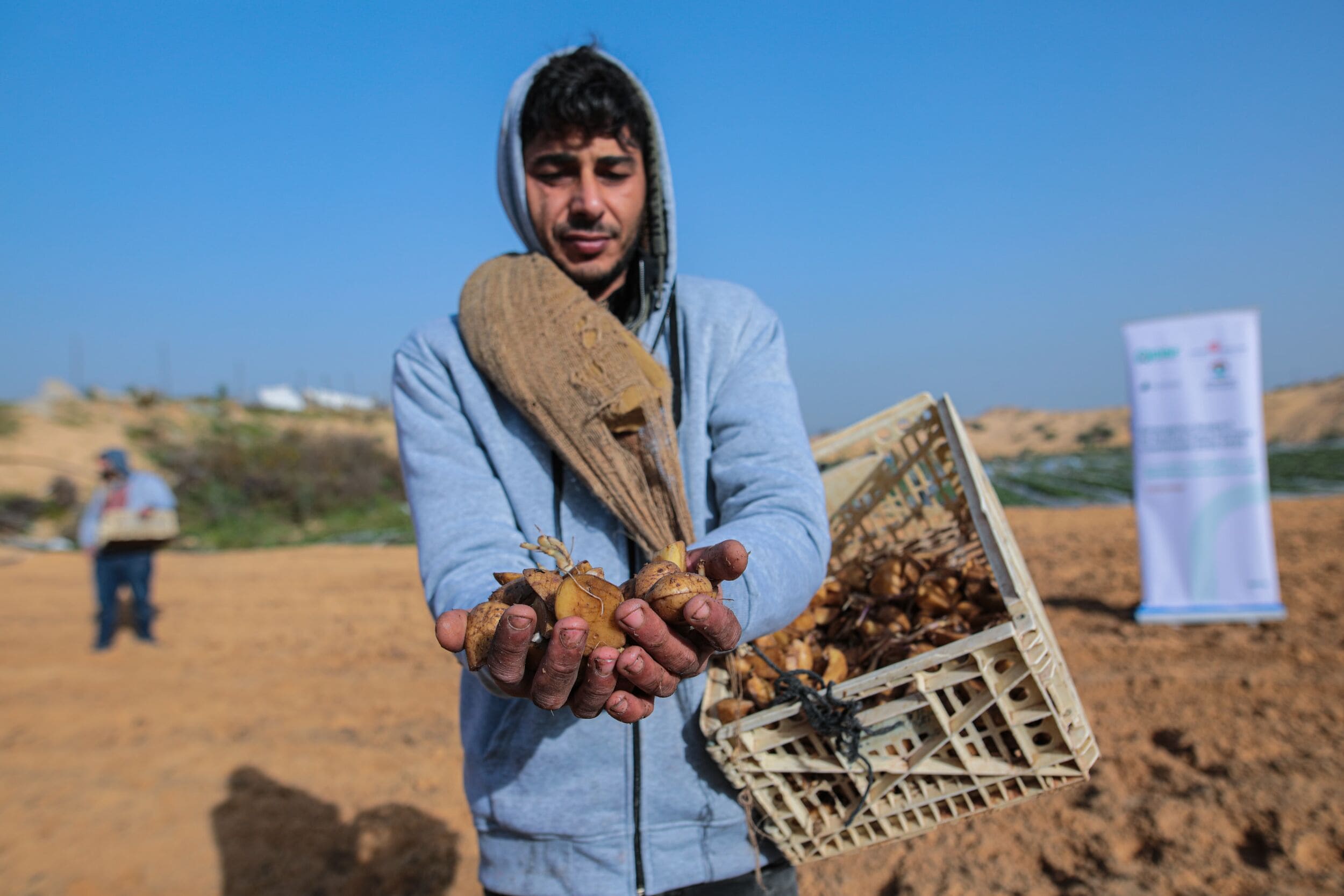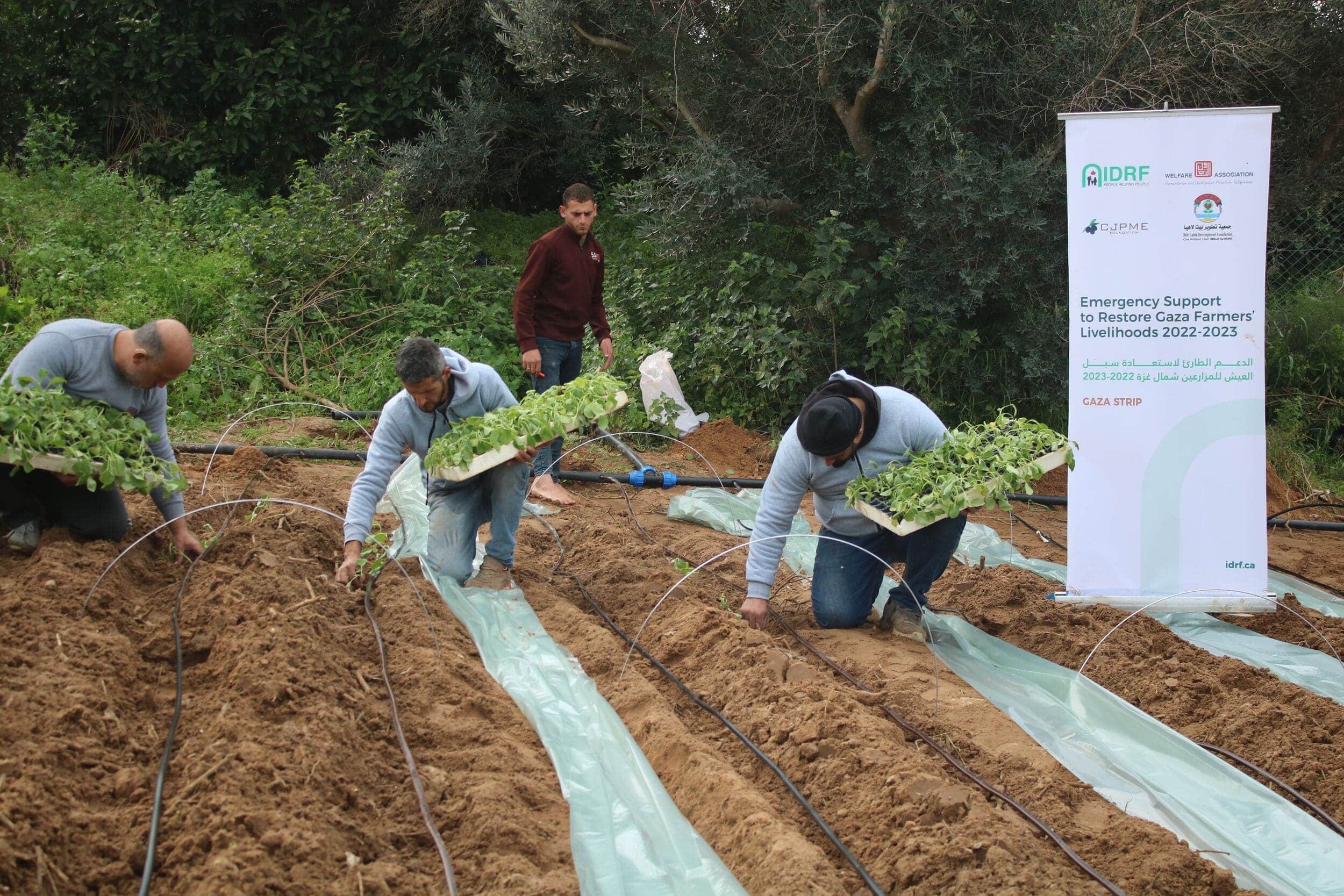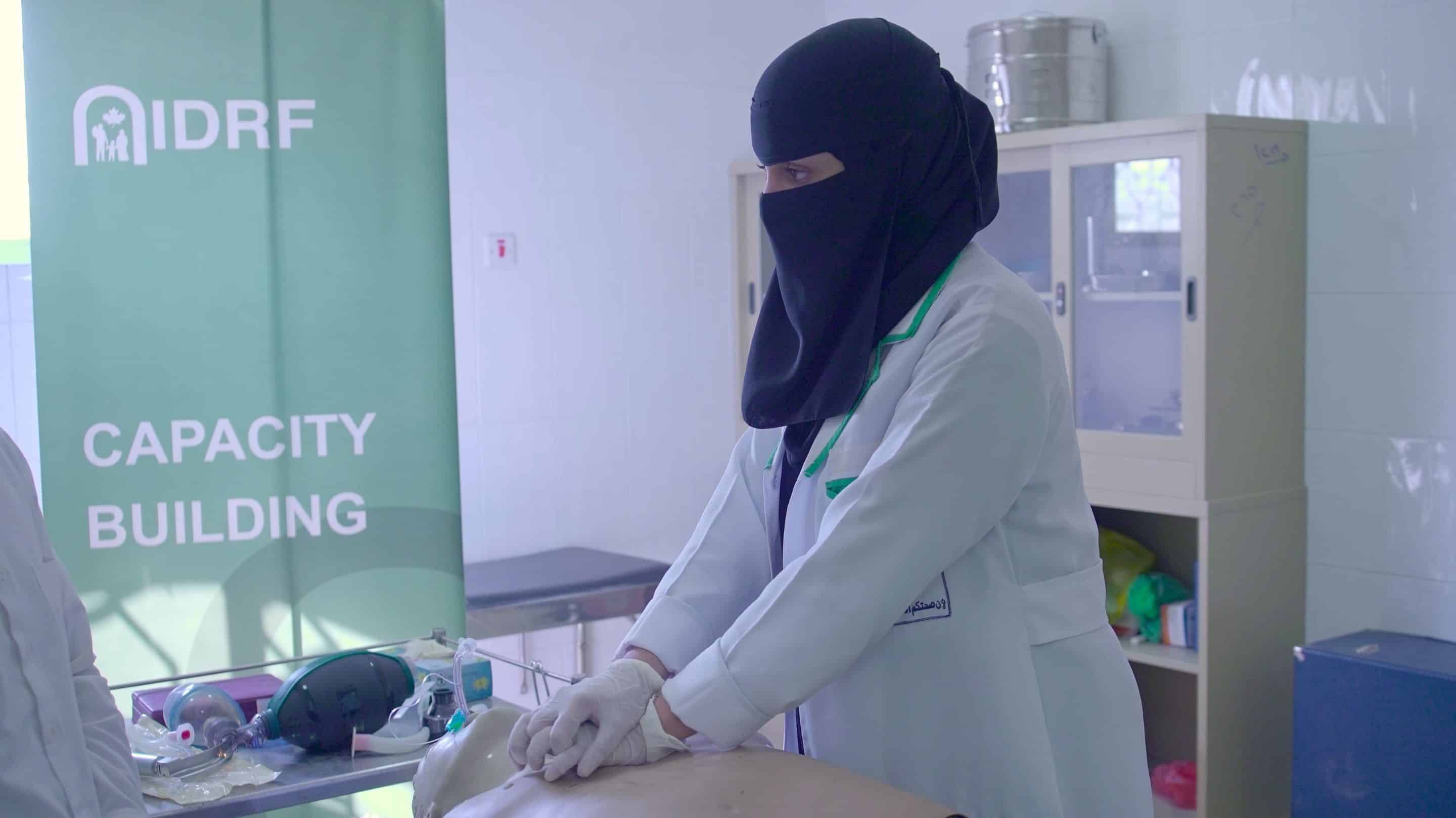Poverty remains an enduring challenge, posing a grave threat to the well-being of millions worldwide. Despite notable progress in humanitarian aid, the fight against poverty has encountered a disheartening obstacle. By 2030, an alarming projection suggests that nearly 600 million people will struggle to survive on less than $2.15 a day. The urgency to address this issue is further magnified by the complex nature of poverty and its far-reaching consequences on food security.
Defining Food Security
Food security is a fundamental aspect of human well-being, ensuring access to sufficient, safe, and nutritious food. It is closely intertwined with poverty, as economic hardships often lead to inadequate food access, malnutrition, and a cycle of poor health and limited opportunities. Addressing both food security and poverty is crucial for sustainable development.
The Link Between Food Security and Poverty
Poverty restricts access to food, resulting in malnutrition and exacerbating the cycle of poverty. Insufficient access to nutritious food negatively impacts physical and cognitive development, hindering education and productivity. Breaking this cycle requires addressing the root causes of poverty while improving food security simultaneously.
Economic Empowerment: A Path to Poverty Alleviation
Economic empowerment plays a vital role in lifting individuals and communities out of poverty. It involves enabling people to gain control over their finances, improve economic status, and enhance livelihoods. This includes providing education, skills training, employment opportunities, and resources for entrepreneurship and income generation.

Economic Empowerment and Food Security
Economic empowerment is closely linked to food security as it enables individuals to meet their food needs. When economically empowered, individuals can afford nutritious food, invest in agriculture, and actively participate in the workforce, enhancing overall food security. Economic empowerment creates a positive ripple effect extending to families and communities, contributing to sustainable poverty reduction and improved food security.
Sustainable Agriculture: A Pathway to Food Security
Soaring staple food prices and high fertilizer costs necessitate sustainable agriculture practices. These practices serve as crucial pathways to long-term food security, especially for three-quarters of the global population living below the poverty line who rely on agriculture as their primary livelihood.
IDRF collaborates with farmers and local communities, guiding them in transitioning towards sustainable agricultural practices. By providing knowledge and resources, IDRF facilitates the adaptation of farming techniques to mitigate climate change’s adverse effects. Rehabilitation of conflict and climate-affected farmland and consistent fresh vegetable supply during festivals contribute to nutritional well-being and sustainable livelihoods.

Microfinance: Empowering Small-Scale Entrepreneurs
Microfinance has emerged as a powerful tool for economic empowerment, particularly in developing economies. It provides small loans, financial services, and business training to low-income individuals lacking access to traditional banking systems. Empowering small-scale entrepreneurs enables them to start or expand businesses, generate income, and improve living conditions.
IDRF implements voucher cash intervention programs to alleviate food insecurity. For example, in Gaza food distribution and voucher programs have significantly improved household food security for 18,600 people, helping to break the grip of poverty. In Somalia, IDRF supports famine relief efforts by providing vulnerable rural farming households with unconditional grain seeds, farming tools, technical training, and market connections, empowering communities to overcome adversity.
Education and Skill Development
Investing in education and skill development is crucial for economic empowerment. Quality education and vocational training provide individuals with the knowledge and skills necessary to secure better employment opportunities and increase their earning potential.
IDRF provides several educational opportunities, focusing on supporting vulnerable groups such as orphans and impoverished children. Education is key to breaking the cycle of poverty and empowering individuals to create a better future. By supporting access to quality education, IDRF equips children with essential knowledge and skills, enabling them to escape the cycle of poverty and contribute to their communities development.

Addressing Gender Inequality
Gender inequality is a significant barrier to economic empowerment and food security. Women and girls often face limited access to resources, education, and employment opportunities, perpetuating the cycle of poverty. Empowering women economically is essential for achieving sustainable development goals.
IDRF actively works to address gender inequality by promoting women’s economic empowerment and providing support to women entrepreneurs. Through vocational training programs, microfinance initiatives, and advocacy for equal rights and opportunities, IDRF strives to create an environment where women can fully participate in economic activities, overcome poverty, and ensure food security for themselves and their families.
Partnerships for Sustainable Impact
To achieve significant and lasting change, collaboration among various stakeholders is crucial. Governments, NGOs, local communities, and private sector organizations need to work together to address the complex challenges of poverty and food security. Partnerships can leverage resources, expertise, and networks to create sustainable and scalable solutions.
Breaking the cycle of poverty requires a comprehensive approach that addresses both food security and economic empowerment. By ensuring access to nutritious food, providing education and skill development opportunities, supporting sustainable agriculture practices, and empowering vulnerable individuals, we can make a significant impact. Through collaborative efforts, we can create a world where everyone has the opportunity to thrive, breaking the cycle of poverty and achieving sustainable development for all.
